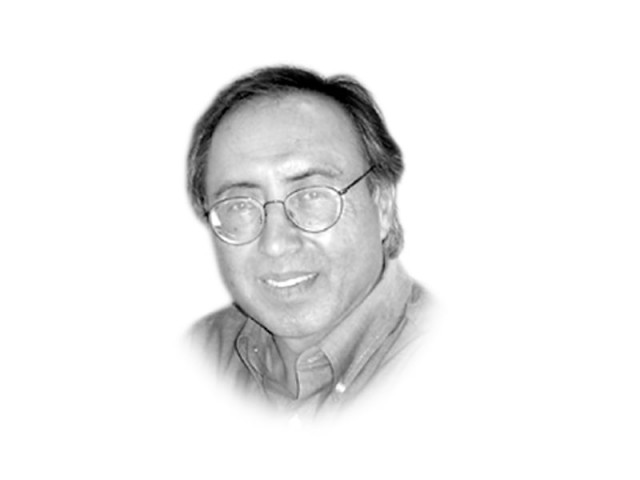Recovering Pakistan
Real challenge is maintaining consistency and unity in defeating violent groups and restoring the writ of the state

The writer is a professor of political science at the Lahore University of Management Sciences
The hardiness of the Pakistani society — something that observers inside and outside the country often refer to — is not enough. What ‘hardiness’ means is that Pakistan can trudge along while carrying the heavy load of extremism, political violence and proliferation of networks of militancy that have never been confined to just Fata or to sectarian elements. Violence, in its many forms in the Pakistani society, is a much broader and much deeper political issue in essence. Violence is a willful act perpetuated for multiple purposes, depending on the character of the organisation and its politics. Among them, religious, sectarian, ethnic and political forms continue to shape the strategies of violent groups.
The actors and forces behind violence are rational in two essential ways. First, violence pays them well in terms of money, power, influence and ideological and political agenda. The vicious nexus between power and violence continues to reinforce each other. Secondly, and more importantly, there is the belief among these groups that they can get away with violence because of the weaknesses of the political order, the state institutions or those who control these institutions. For decades, the deterrent and punitive capacity of the state has declined for well-known reasons of apathy and the self-centred agenda of power groups.
Pakistan is both in the eye of the violent storm and in the eyes of the world for being the second largest Muslim country and located at the edge of raging sectarian fires in the Middle East and at the crossroads of energy resources and economic corridors. While external help is necessary, the focus should be on the mobilisation of national energies and resources to salvage the country from violence and extremism. The process kick-started after the state started going after terrorists in every place they hide. But going after the TTP in select geographies, which indeed is a must in winning the war against violent groups, may not be enough. Every form of violent group and organisation and their leaders have established themselves in the cities of Pakistan. The National Action Plan, a consensual programme of action, also lends hope that there are other ugly spots mostly in the urban areas that need to be cleared. Tolerance of one form of violence — whether it is because of weaknesses in the political order or because of political expediency — breeds other forms of political violence.
The issue is not of what type of violence has a more urgent call to be addressed; it is all forms, everywhere and no matter what its sources, that need our attention. Whether they are genuine grievances, or whether the mayhem is part of a deliberate design to pull the country down, both must be probed and addressed. There was a good beginning when the military, the political forces and the general public came together on one programme. The real challenge is maintaining consistency and unity in defeating violent groups and restoring the writ of the state.
Published in The Express Tribune, March 18th, 2015.
Like Opinion & Editorial on Facebook, follow @ETOpEd on Twitter to receive all updates on all our daily pieces.















COMMENTS
Comments are moderated and generally will be posted if they are on-topic and not abusive.
For more information, please see our Comments FAQ